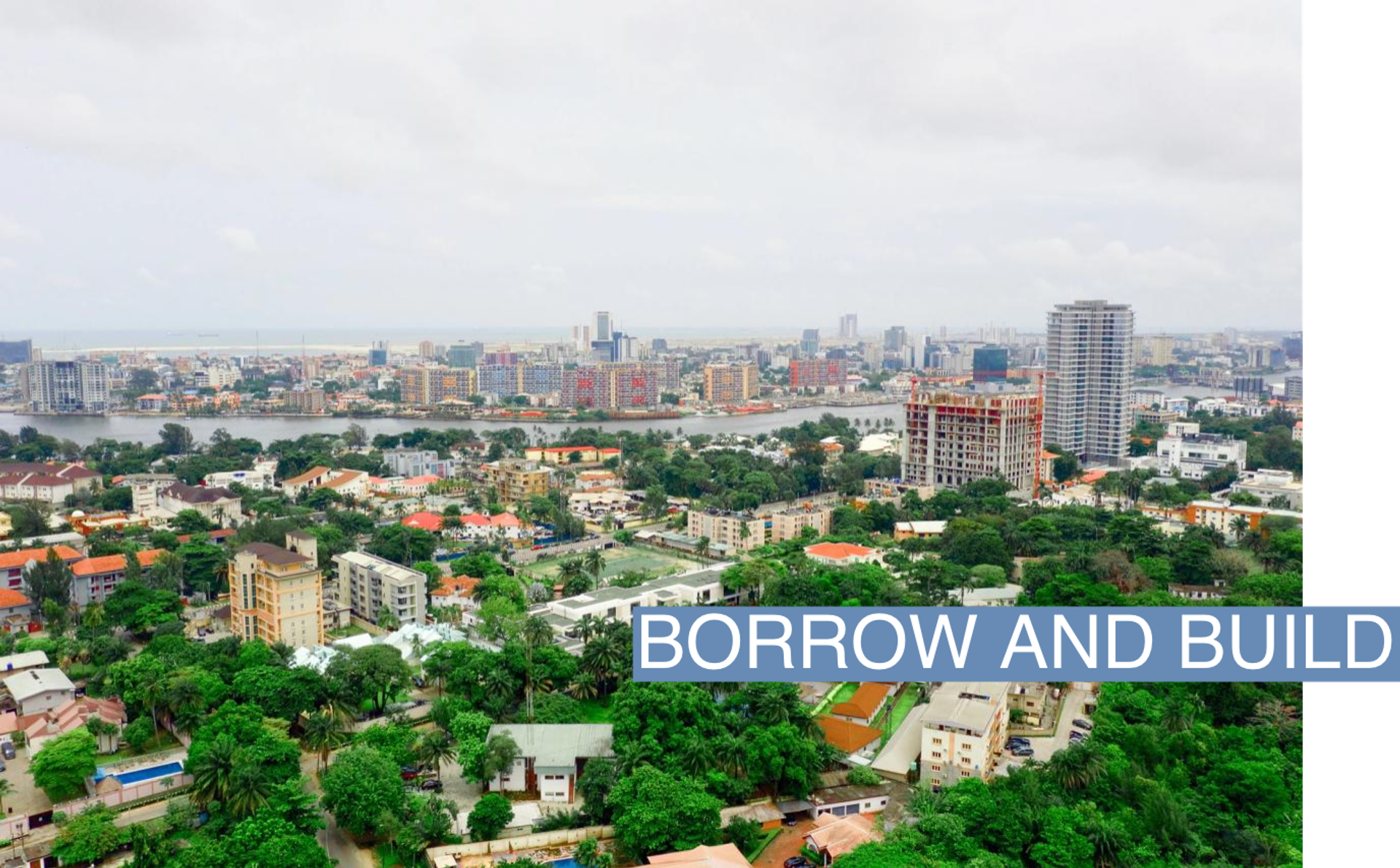Author
Yinka Adegoke is Africa editor of Semafor.
The News

Even during the heady days of rapid-fire early stage venture funding way back in (*checks notes) 2021, founders would often complain to me about the difficulty of raising funds needed to scale their startups. The problem wasn’t raising venture capital. The painful part was giving up a piece of their startup in exchange for the equity funding which was widely available, even in Africa’s still nascent tech hubs.
But a few funds, particularly among those backing solar power startups and fintech lenders, have turned to debt to more easily fund day-to-day operations. Now Future Africa, the Lagos-headquartered early stage venture capital firm, has teamed up with London-based TLG Capital to create a $25 million fund to develop a venture debt funding program for startups in Future Africa’s portfolio.
The startups all have revenues in the $1 million to $10 million range, according to Future Africa’s founder Iyin ‘E’ Aboyeji. “They are often in need of capital to finance productive assets or working capital for inputs,” he said.
The program will be used to support founders with workshops, and funding tied to reach set targets, and structured credit offering, which has become imperative as venture capital players focus increasingly on profits and cash flow over rapid expansion or growth at any costs.
In an increasingly inflationary economic environment with fast-rising interest rates, Aboyeji expects to see more African tech companies aim to be more capital efficient by tapping into structured credit alternatives. He said this would “extend the runway their current equity affords them without significantly diluting ownership or sacrificing growth.”